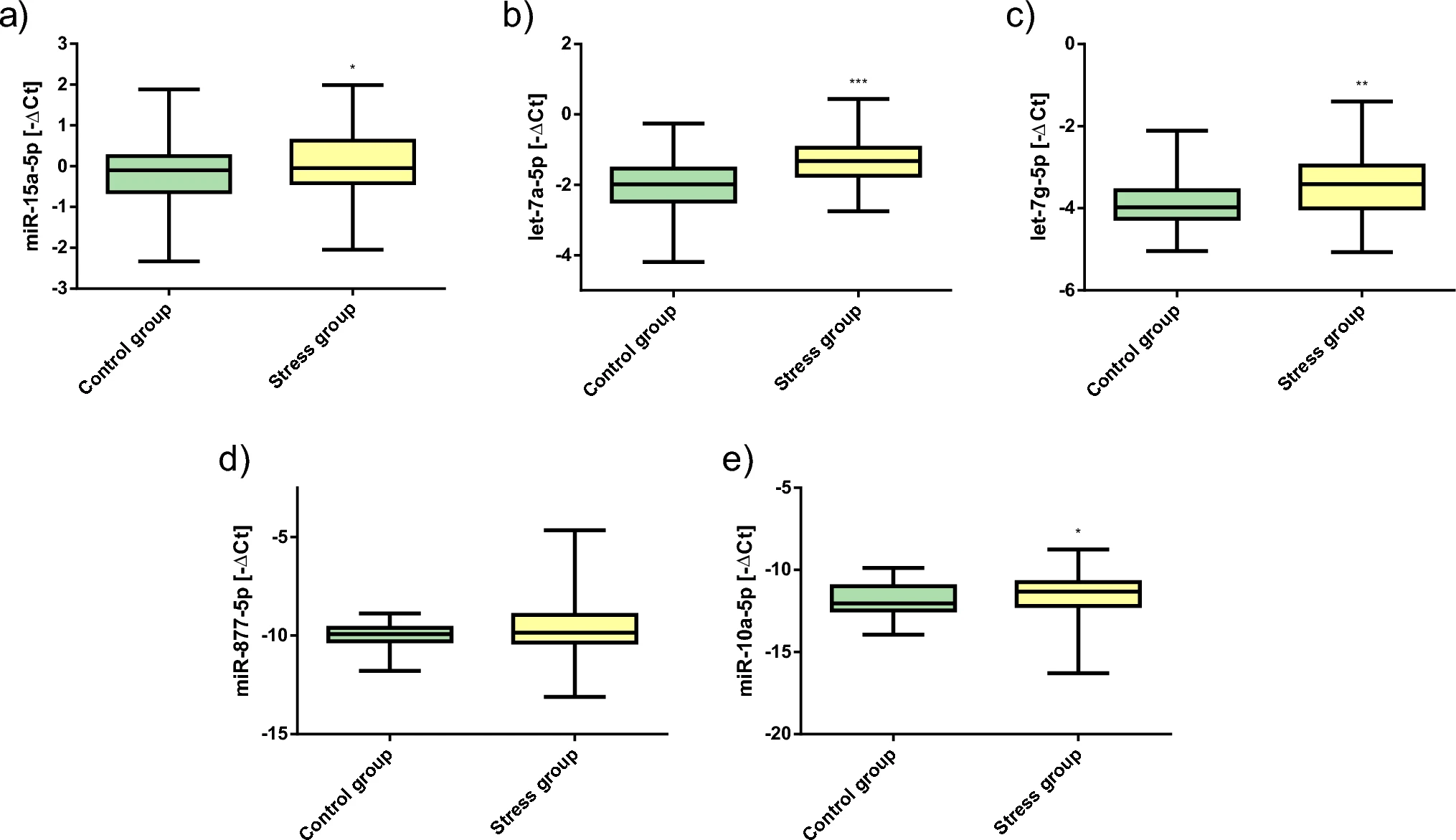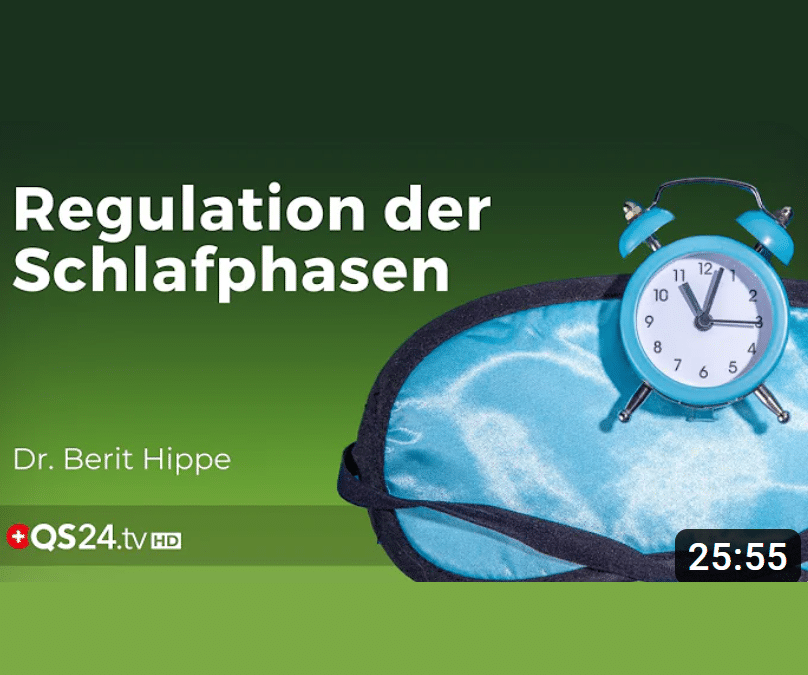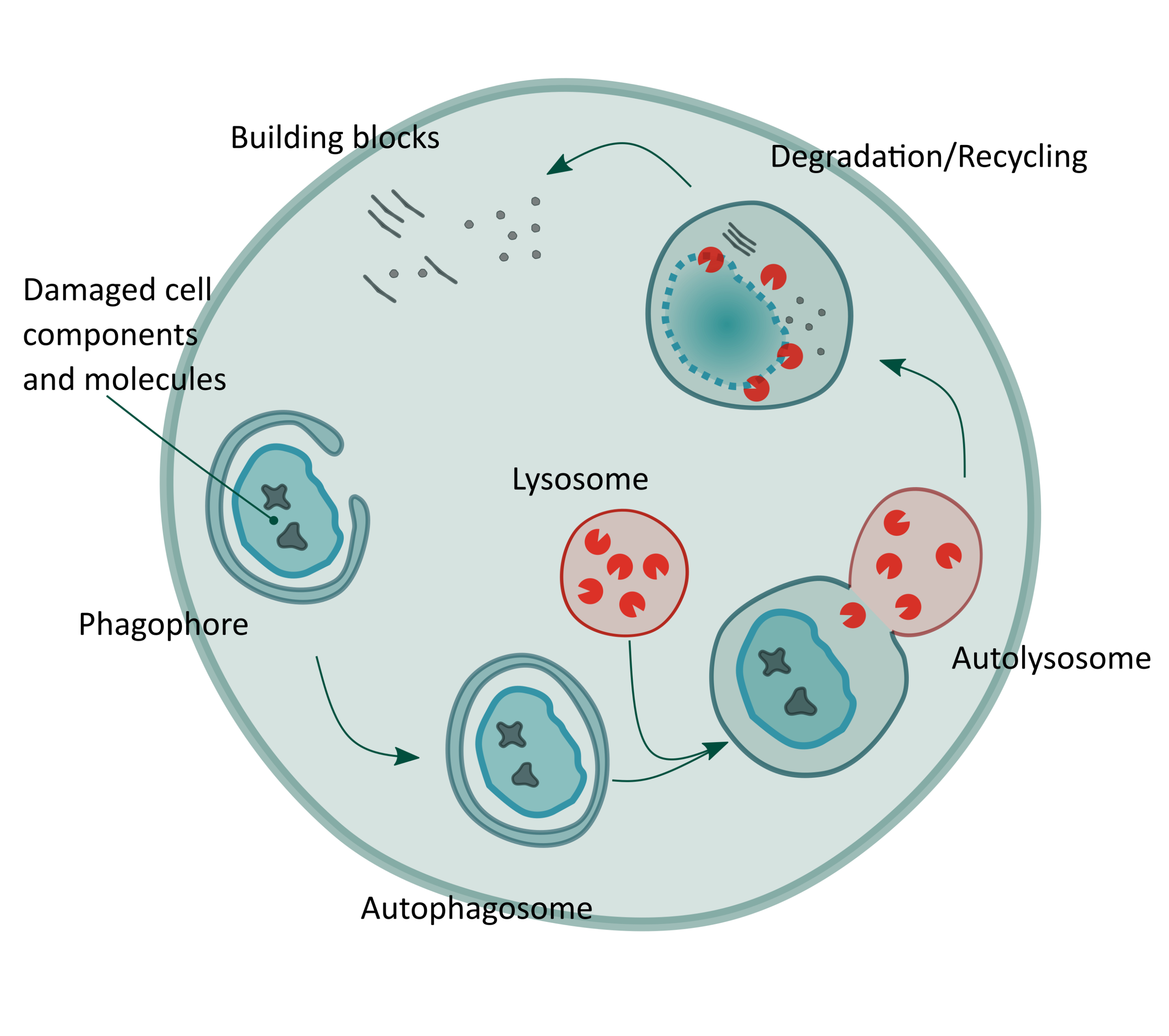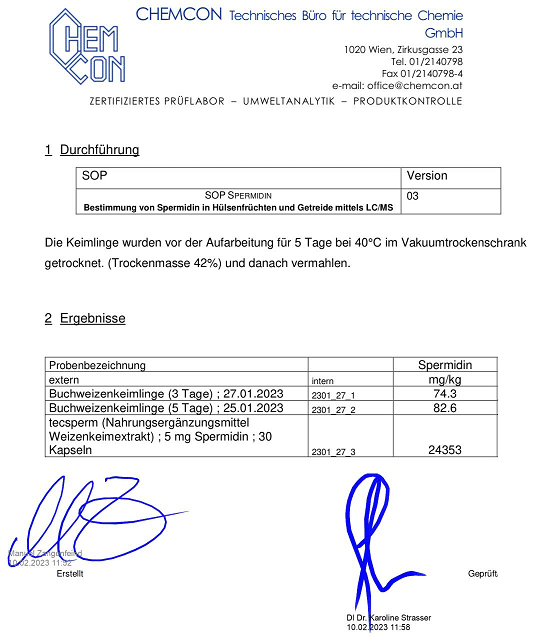
Risk patients from the perspective of genetics – Interview with Dr. Berit Hippe
The power of our genes: How we can influence our health risk?
Genetic predispositions can increase the risk of certain diseases, but does that mean we are helpless against them? Not necessarily! In a compelling conversation with Alexander Glogg of QS24, Dr. Berit Hippe, an expert in genetics and epigenetics, reveals the impact of certain genetic mutations on our health and how we can take active action.
Our genes don’t have to determine our fate!
Environmental influences such as sport, stress, and nutrition play a decisive role and can strengthen or weaken certain genetic predispositions through epigenetic mechanisms. The key lies in the right knowledge and conscious decision-making. With an understanding of our genetic starting point, we can take control of our genes and take specific action to live healthier lives.
Learn more about the fascinating connection between genetics and health in this interview with Dr. Berit Hippe. It’s time to actively transform our genetic risks into genetic potential!
Dr. Berit Hippe, Managing Director of HealthBioCare GmbH in a talk with Alexander Glogg on Swiss health television QS24. To watch the video with subtitles in English, turn on the cc (closed captions), then click on settings, select subtitles, click on auto-translate, and select English from the list.
Link to the interview:
https://www.youtube.com/watch?v=KjbB24OUogI&t
All interviews of Dr. Hippe at QS24:
https://www.youtube.com/playlist?list
Link to QS24 Swiss television website:
https://qs24.tv/















